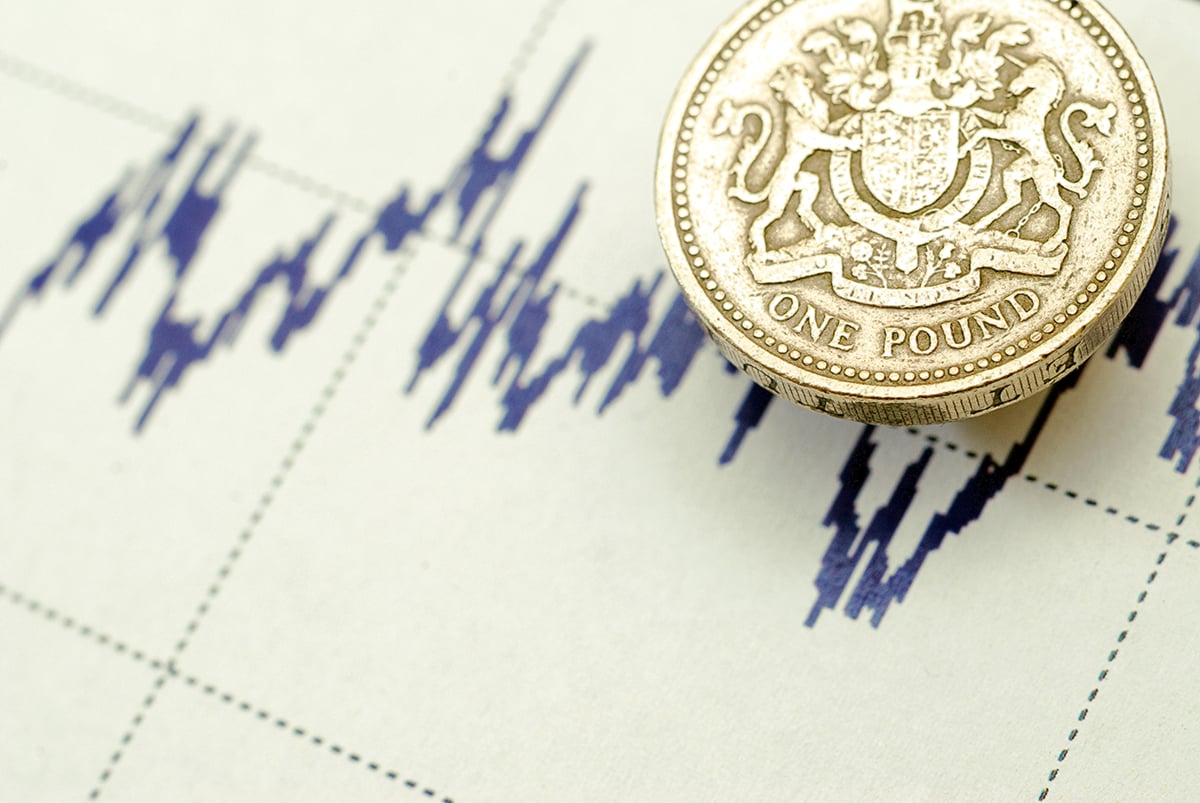The UK economy experienced a marginal growth of 0.1% in the first quarter of 2023, in comparison to the previous quarter. However, output in March dipped by 0.3% due to decreased demand in the services sector and strikes by public sector workers.
These figures reflect the ongoing challenges faced by the economy, including high inflation, negative real wage growth, and the mounting pressures of the cost of living. In response to the rising inflation, the Bank of England has raised interest rates for the 12th consecutive time.
Decreased Demand and Strikes Impact Output
The decrease in output in March can be attributed to a drop in demand within the services sector, which suffered from reduced consumer spending.
Furthermore, strikes by public sector workers also played a role in hampering output during the month. The combined impact of these factors created a temporary setback for the overall growth of the economy.
Challenges in Consumer Spending and Services Industry
The persistently high inflation and negative real wage growth have put significant pressure on consumer spending and the services industry. With consumer price inflation remaining above 10% in the year leading up to March, households have experienced a decline in their real purchasing power.
As a result, consumer spending has been adversely affected, impacting the services industry, which heavily relies on consumer demand.
Bank of England’s Measures to Tackle Inflation
To address the double-digit inflation, the Bank of England has decided to raise interest rates for the 12th consecutive time.
By increasing borrowing costs, the central bank aims to curb inflationary pressures. This move is part of a broader strategy to stabilize prices and manage the rising cost of living.
UK Growth Projections and Recovery Lag
Despite the challenges, the Bank of England remains cautiously optimistic about the UK’s economic performance. It expects the country to avoid a recession this year, projecting growth rates of 0.25% in 2023 and 0.75% in 2024.
However, it is important to note that the UK is the only G7 country where the Gross Domestic Product (GDP) has not yet returned to pre-Covid levels. This highlights the long-lasting impact of the pandemic on the UK economy and its slow path to recovery.
Anticipated Decline in Inflation
In more positive news, the Bank of England foresees a sharp decline in inflation in the coming months. While inflation has remained stubbornly high, the central bank expects it to ease as various factors, such as the stabilization of global oil prices and reduced supply chain disruptions, take effect. This decline in inflation should provide some relief to consumers and support household spending.
The UK economy saw modest growth in the first quarter of 2023, despite facing challenges such as decreased demand in the services sector and strikes by public sector workers. The Bank of England’s decision to raise interest rates aims to combat double-digit inflation and stabilize prices.
While the UK remains the only G7 country yet to fully recover from the pandemic’s impact, the central bank is hopeful about the country’s economic prospects. With anticipated declines in inflation in the coming months, there is optimism that consumers will regain some of their purchasing power and contribute to the overall recovery of the economy.







